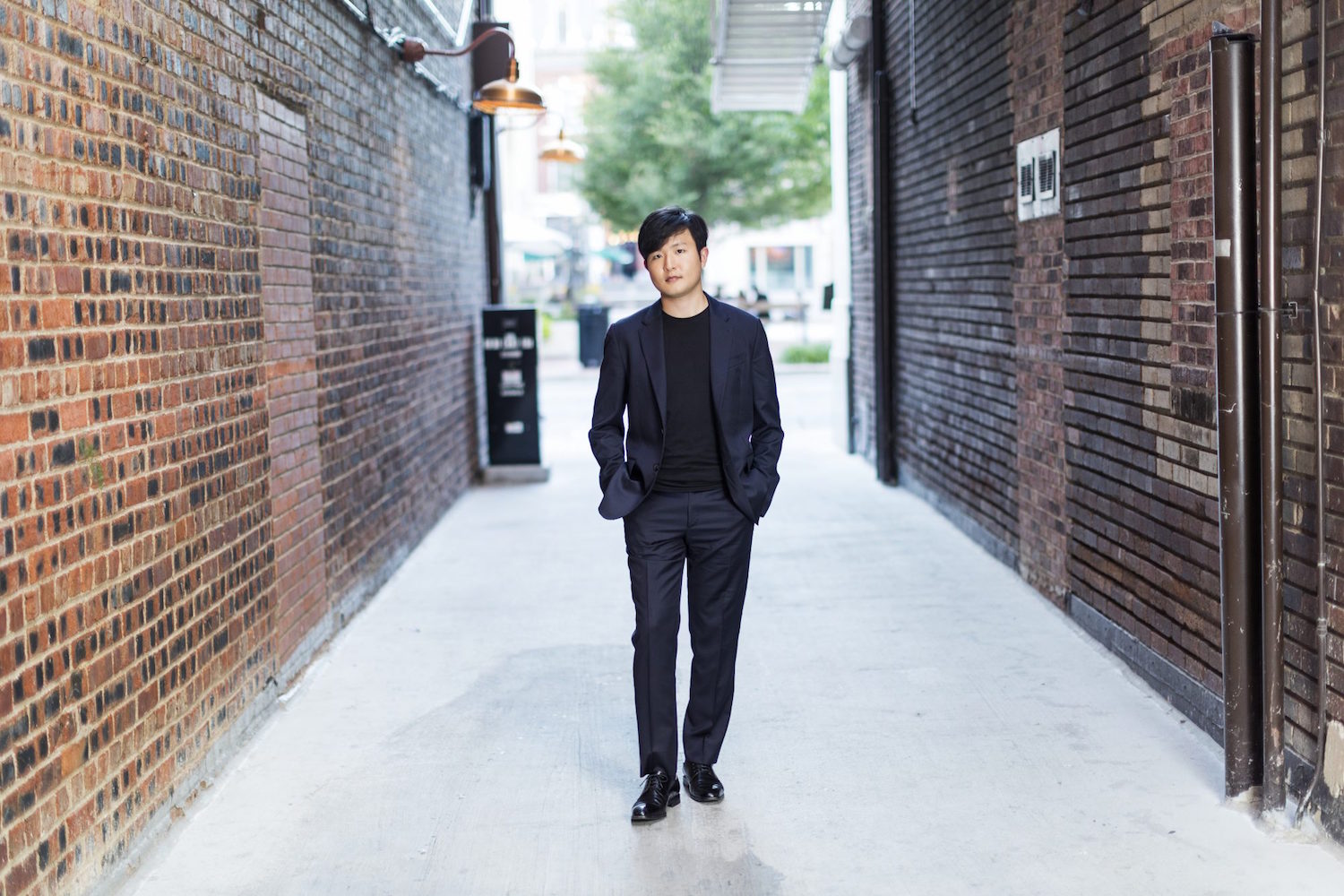It’s 100 years since the Russian revolution, and the RSNO decided to mark the evening by giving us a largely Russian programme at the Usher Hall. The concert is conducted by José Luis Gomez, who came out of the revolutionary El Sistema music education programme that produced Gustavo Dudamel. Many of us still remember Dudamel’s sensational performance the Edinburgh Festival some years ago, when he conducted the Simón Bolívar Symphony Orchestra in Shostakovich’s tenth, without a note in front of him. Tonight Gomez, a late replacement for Cristian Măcelaru, does have a score with him: he always has a score of the twelfth in his pocket he says!
The concert begins with a work called Zulu. Those of us with a long memory thought it might be the music from the Micheal Caine film, but it turns out to be a new work by the young British composer, Daniel Kidane, who has been working with the RSNO in their composer’s hub. His work highlights the fighting spirit of the Zulu people, fighting British colonialism in South Africa. The composition is certainly loud and colourful, with lots of brass and percussion, and Kidane gets a warm reception from the Usher Hall audience.
The concert continues with a Russian work, Rachmaninov’s third piano concerto, played beautifully by the young rising star from South Korea, Yekwon Sunwoo. Sunwoo won the Van Cliburn International Piano Competition in 2017, and many other prizes, and is now playing all over the world. The concerto was written during the Russian revolutionary period in 1909, but it was written for its premiere in New York, and is not a revolutionary work. Indeed, it became one of the greatest romantic piano concertos of all time. Sunwoo plays it really sensitively in the quieter passages, but is very fiery in the great climax. He gets a warm reception from the Usher Hall audience, and responds with an encore from Tchaikovsky’s The Seasons.
The concert concludes with the Shostakovich’s 12th Symphony, its title, The Year 1917, giving its revolutionary place in history. It was written in 1960 soon after he joined the Communist Party to celebrate the history of the revolution. It is played continuously in four movements, each detailing parts of the revolution, from its beginning in St Petersburg, “Revolutionary Petrograd”, through to “The Dawn of Humanity”, the success of the revolution.
This work has been much debated since its composition, some critics suggesting that it is shallow and brash, written to please the Communist Party after the composers troubles with Stalin. Others suggest it may really be a satirical account of Lenin and the revolution. Whatever its meaning, it became a great favourite in Russia and has been played all over the world since.
It certainly is full of of loud colourful music, using lots of brass and percussion from the augmented ranks of the RSNO, expertly led by Gomez from the podium. How many in the Usher Hall enjoyed the memories of the revolution we may never know, but they certainly enjoyed the concert!
